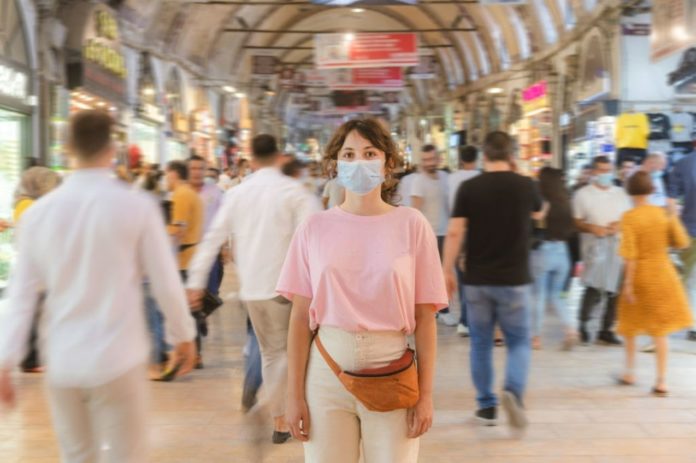New research uncovered signs of ‘pre-resistance’ in bacteria for the first time – signs that a particular bacteria is likely to develop resistance to antibiotics in the future.
Who are at higher risk of developing drug resistance?
In a new study led by UCL and Great Ormond Street Hospital researchers, scientists revealed signs of ‘pre-resistance’ in bacteria for the first time – signs that a particular bacteria is likely to develop resistance to antibiotics in the future.
The findings, which were published in Nature Communications, will help clinicians choose the best treatments for bacterial infections in the future.
The research team, led by Great Ormond Street Hospital (GOSH) and the UCL Great Ormond Street Institute of Child Health, sorted the full genomes of over 3,000 tuberculosis (TB) samples, tracing TB infections back through patients over nearly two decades in cooperation with the Peruvian Tuberculosis program and funded by Wellcome and the National Institutes of Health (USA).
The bacterial infection Mycobacterium tuberculosis (TB) mostly affects the lungs. After COVID-19, it was the second greatest infectious cause of mortality in 2020, killing 1.5 million individuals. It can be cured with the correct antibiotics, but treatment is time-consuming, and many of those who are most at risk do not have access to adequate healthcare. When people do not complete their full course of therapy, or when medications are unavailable or of low quality, drug-resistant TB can develop.
Multi-drug resistance tuberculosis is a massive, unsustainable burden, and completely drug-resistant strains have been identified in a few countries. As healthcare systems struggle to cope with the pandemic, global progress in tuberculosis treatment has stagnated.
This new research has identified for the first time how to prevent drug resistance mutations before they emerge in order to provide a better understanding of, and ultimately better therapies for, tuberculosis. This idea is known as ‘pre-resistance,’ which occurs when a disease-causing organism – such as a virus or bacteria – has a higher intrinsic risk of developing drug resistance in the future.
The study, which looked at thousands of bacterial genomes, might be applied to other infectious diseases and pave the way for customised pathogen ‘genomic therapy’, in which drugs are chosen based on the DNA of the pathogen causing the sickness, preventing drug resistance.
This study is the culmination of 17 years’ research in the suburbs of Lima, Peru, where Dr Louis Grandjean, Consultant in Infectious Diseases at GOSH and Associate Professor at UCL Great Ormond Street Institute of Child Health, leads a research group.
To reconstruct tuberculosis bacterial ‘family tree,’ the multinational team examined tuberculosis samples from 3,135 distinct samples. The researchers then utilized computer analysis to find the ancestral genetic code of bacteria that developed antibiotic resistance later on. By searching through the ‘branches’ of the family tree to see which were the most likely to develop drug resistance, the researchers were able to identify the crucial changes related to the development of resistance.
The researchers showed how changes in the TB genome indicated which branches of the disease would be drug-resistant, and then confirmed their findings using a global TB data collection.
“We’re running out of options in antibiotics and the options we have are often toxic – we have to get smarter at using what we have to prevent drug resistance,” said Dr. Grandjean, senior author of the study.
“This is the first example of showing that we can get ahead of drug resistance. That will allow us in the future to use the pathogen genome to select the best treatments.”
“We hope this discovery could provide a way of treating difficult conditions in the future by targeting specific pathogen genomes that are most likely to become drug resistant in the future,” added first author and PhD student Arturo Torres Ortiz.
Source: 10.1038/s41467-021-27616-7
Image Credit: Getty
You were reading: Who is most likely to develop drug resistance? Bacteria may tell
